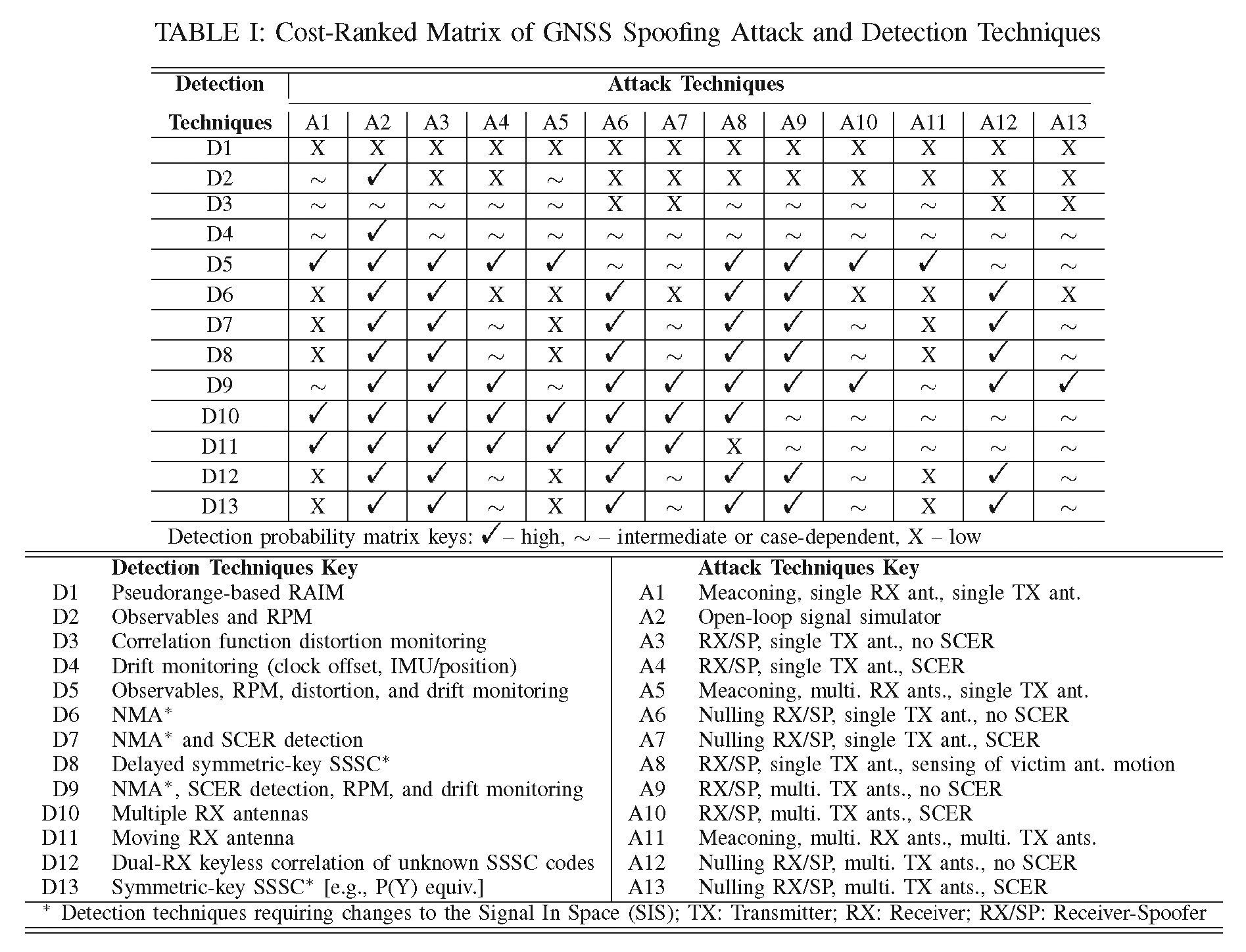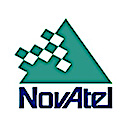NovAtel Raises Concerns about Ligado Test Methodology, Results

NovAtel Inc. has submitted comments to the Federal Communications Commission (FCC) regarding Ligado Networks LLC’s (formerly New LightSquared LLC) License Modification Applications in which the company raises deep concerns about the testing methodology used and conclusions presented by Ligado regarding the impact of their proposed usage of L-band frequencies for a terrestrial wireless network.
By Inside GNSS














